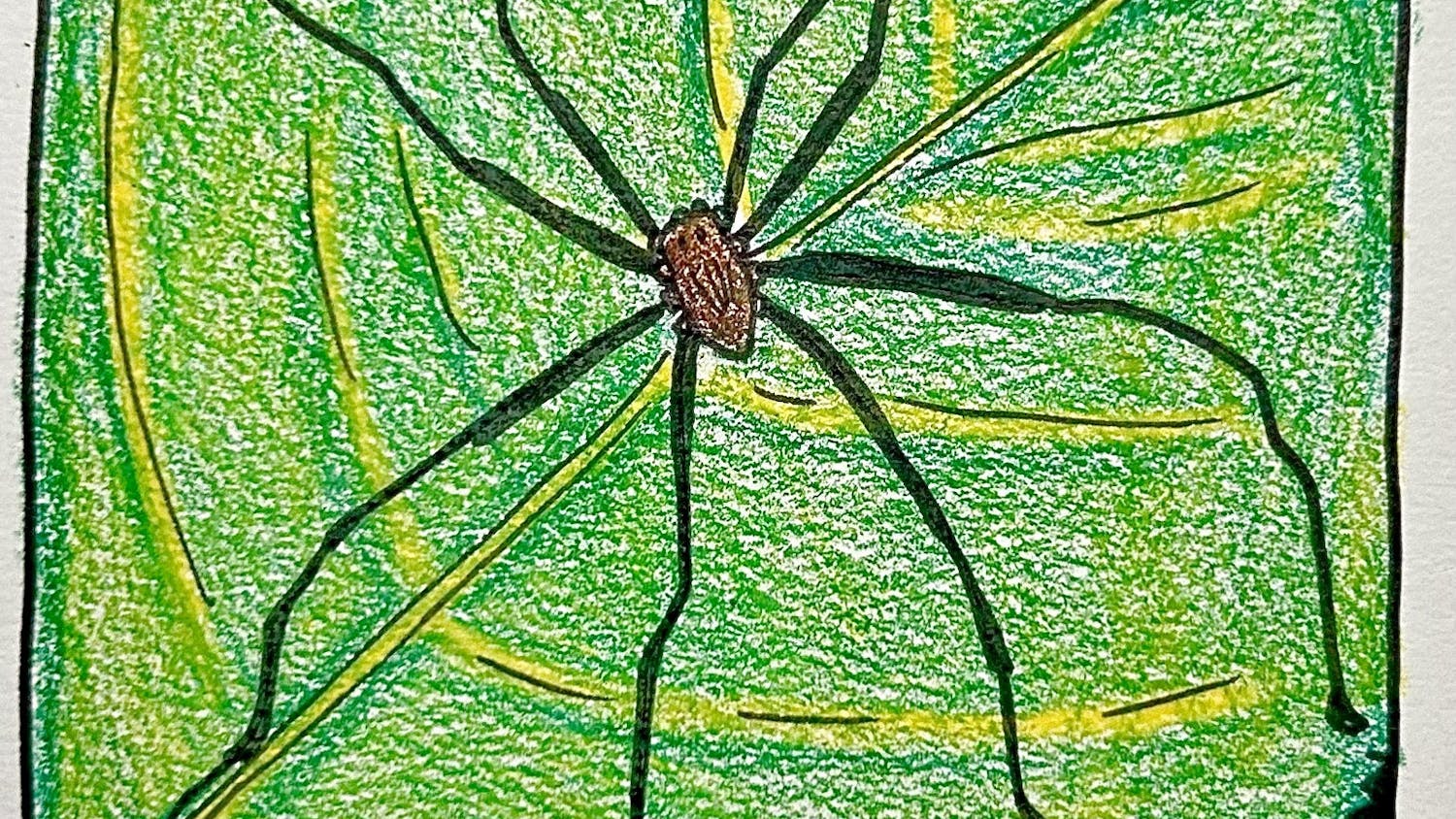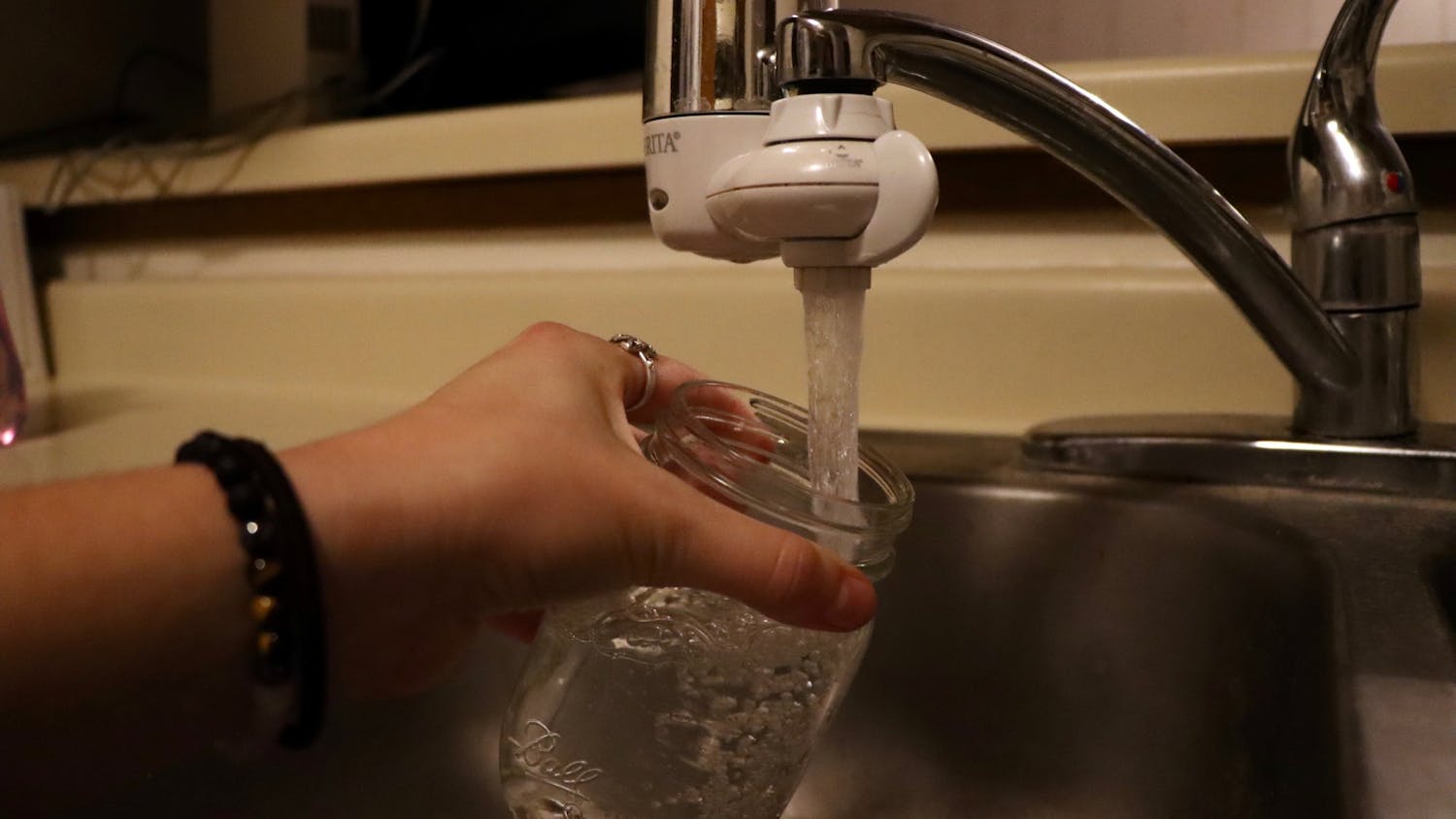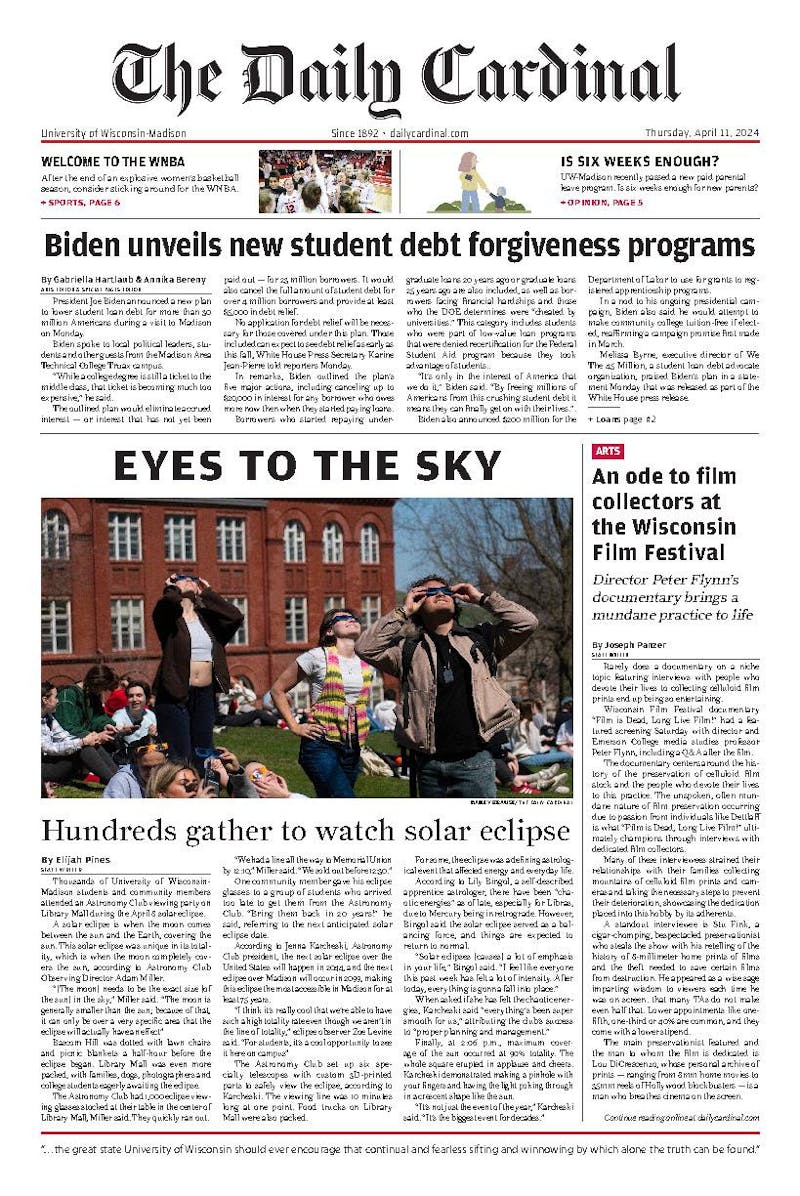There are many committees held for the regulation of synthetic biology, the design and construction of new biological parts, devices and systems, including the redesigning of our existing biological systems such as designer genes. Many argue that designer genes could be used to cure diseases, such as Huntington’s disease, autism and cancer. Others argue that scientists are playing god when they can design genes. Most are unsure of the impact that it will have on society.
At the "Designer Genes: Should We Be Able To Edit Our Genomes?" panel during the Wisconsin Science Festival, there were three speakers who came to talk about the topic of designer genes. They discussed their opinions on the topic and what they have contributed to it. Dietrem Scheufele, a professor of life sciences communication at UW-Madison, discussed the ethical side of designer genes. Many surveys reveal that Republicans have more conflicts with synthetic biology. Designing genes conflicts with some religions because people believe that scientists are playing god. Scheufele said, “The reason we need ethics is because the future is unknown,” meaning that no one knows for sure how designing genes will impact society and if it will create a separation of classes. Another reason why there needs to be regulations is to prevent anyone and everyone from designing genes. Synthetic biology is only needed in certain fields of science, such as biomedical engineering, and since it is very easy and cheap to do, almost any scientist in any field can utilize it, posing the potential for mayhem.
There were two people on the panel from the Department of Biomedical Engineering who have both experimented in synthetic biology. Assistant professor Krishanu Saha has used CRISPR/Cas9. This device makes designing genes possible. It stands for clustered regularly interspaced short palindromic repeats and associated protein 9. It is used to cut the genome by using the cas9 protein and the guide RNA to define where the protein makes the cut in the genome. By using this process, it edits the genome in an inexpensive and easier way than genetically engineering stem cells. It is used to make transgenic flies at UW-Madison, DNA-free lettuce and altering mosquitoes to carry a specific gene to prevent the spread of Malaria. Mostly, this device is supposed to be used for gene therapy and more specifically, to correct a problematic sequence in our genome to get rid of cancer, autism and many other diseases.
Assistant professor Megan McClean also has interests in synthetic biology, working with microbes such as fungi, bacteria and viruses. She uses them to study and engineer signal processing in biological networks. Her experiments have provided results such as changes in metabolism and the uncovering of connections in regulatory networks and biological signaling.
There are many positive advantages to synthetic biology but the negative aspects stem from an unpredictable and unknown impact. The relatively inexpensive usage will make CRISPR-Cas9 a common research tool. To prevent researchers from using the technology on unimportant experiments, there is an ethics committee to figure out the extension of synthetic biology boundaries and the purpose of using synthetic biology tools during experiments.
In my opinion, synthetic biology is very useful to science and progress for our future. However, it does need to be regulated so it does not spiral out of hand. Scheufele said, “They should either ban something now or do research on synthetic biology.” Saha said that gene editing should be continued, “but carefully for certain uses,” while McClean said, “Yes, with appropriate advances.”





